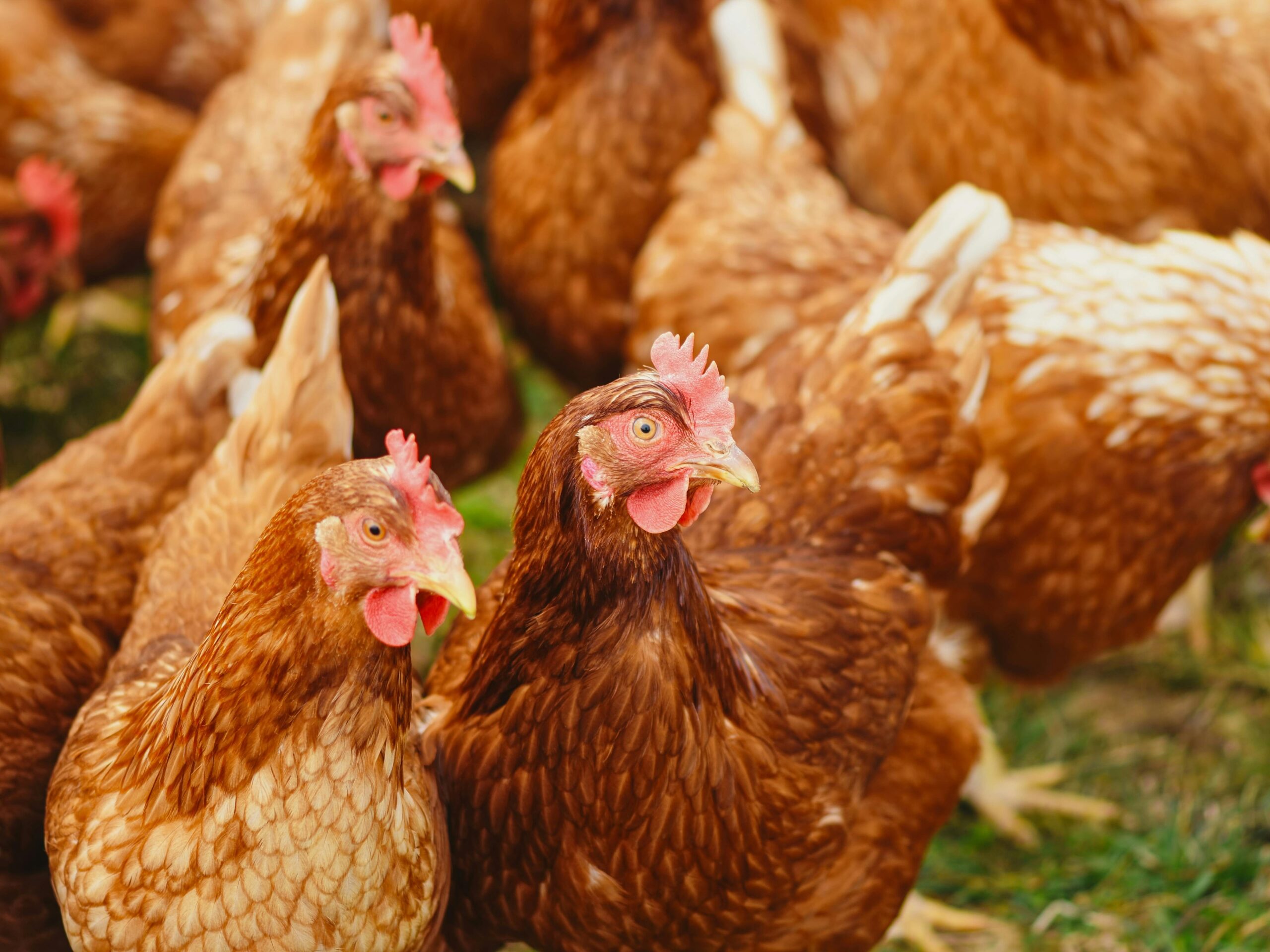
Egg-laying hens
A guide to raising laying hens for egg production.
Updated 15 April 2024
Records & inspections
Before getting hens you should familiarise yourself with ongoing administrative and reporting duties. You can then keep legally required records and are prepared for inspections from the Rural Payments and Inspections Directorate (RPID). For more details, please see Poultry inspections (ruralpayments.org).
Keeping records
The records you are legally required to keep depend on whether you are required to register as an egg producer and/or an egg packing centre.
All keepers of egg-laying hens must record:
- Mortalities – keep for at least 3 years
- Veterinary medicines used – keep for at least 5 years
- Bird transport records and records of eggs transported – keep for at least 12 months
Read what records you are required to keep if you have registered as an egg producer or an egg packing centre.
Read more:
- ’Records (all operators)’ in Guidance on legislation covering the marketing of eggs, APHA
- ’Registration and records of poultry’, Business Companion
Medicine records
You must keep records of any medicine given to your hens for five years.
Check the legal recording requirements for:
- Medicine bought, administered, or disposed by you
- Medicine administered by a vet
- Prescribed medicine products
The Farm Advisory Service has a video guide on key medicine record requirements. Read more about medicine records on the Veterinary Medicines Directorate website.
Official salmonella testing
You must participate in the salmonella national control programme (NCP) if you have more than 350 hens and/or sell eggs commercially, unless the eggs are sold directly to consumers (e.g., farm gate sales, local retailers).
If you are part of the NCP, you must sample your adult hen flock once every 15 weeks and send it to a DEFRA-approved laboratory for testing. All testing records must be kept for at least two years.
Read more about NCP and official salmonella testing.
Inspections
The Rural Payments and Inspections Directorate (RPID) may arrange to inspect your farm to ensure you are complying with legal requirements to have appropriate registrations, keep records and are complying with egg marketing regulation (if these apply to you).
Find out more about RPID inspections:
- ’Poultry inspections’, RPID
- ’Veterinary medicines residues inspection’, Veterinary Medicines Directorate
You may also be inspected by the Animal and Plant Health Agency (APHA) and Food Standards Scotland (FSS) to see if you are complying with animal welfare and food safety legislation.